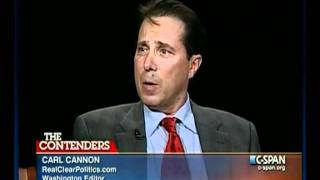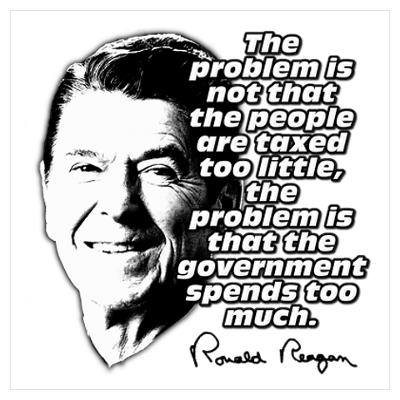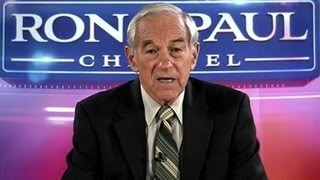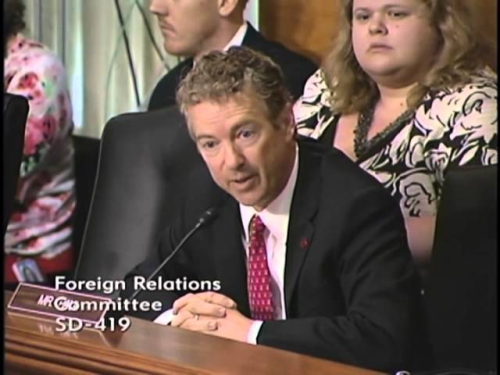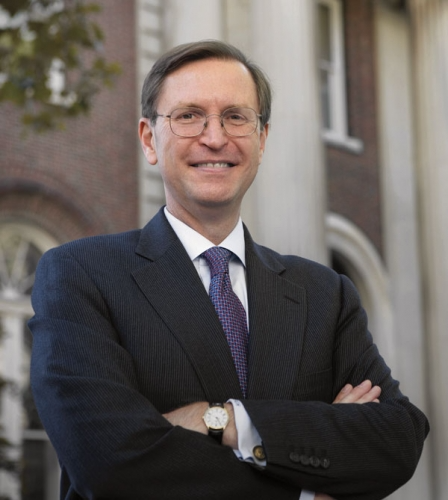
Source:Glenn Hubbard– is a Republican economic and political advisor.
“Buried deep inside “Balance,” his illuminating new book on the history of the decline of great powers, Glenn Hubbard, Mitt Romney’s top economic adviser and the dean of Columbia Business School, says we need a third political party to shake things up and get the debate the country needs.
I wish I could say Hubbard is a tortured soul driven by Romney’s disappointing campaign to seek a better way. That would be a dramatic story, but it’s not true. Hubbard is loyal to Romney and proud of many of the campaigns’s proposals. The soft-spoken dean is more green eyeshades than bomb-thrower. But Hubbard is also convinced that the two party “duopoly” is failing the country. Sometimes our subversives show up in shades of gray.
Hubbard’s and co-author Tim Kane’s book is a chronicle of the institutional and political stagnation that has led great polities from ancient Rome to contemporary California to squander their position and eventually fall. But tucked away amid these historical case studies is a surprisingly fresh vision from a top Romney insider as to what’s needed to spare the United States the same fate.
For starters, Hubbard thinks the difference between our political parties is exaggerated, saying “the contrast is cartoonish.” He and Kane continue:
“Most liberals recognize the vitality of the private sector, not the state, as the foundation of prosperity. And most conservatives believe in the modern federal role in our economy — for the central bank’s authority, for programs that fight poverty at the federal level, for national security, and even for social security . . . The budget proposal crafted by . . . Romney . . . envisions a federal level of expenditures equal to one-fifth of gross domestic product. That spending level is not far away from the level under President Obama of one-fourth of GDP.” (Italics mine).”
From Glenn Hubbard
If you look at the Republican Party pre-1980 or so, it was not just the Center-Right party in America, but perhaps the biggest and most important Center-Right political party anywhere in the developed world, or at least western world. It was a Center-Right conservative party, with a Center-Right progressive faction in it with people like Nelson Rockefeller, George Romney, Richard Nixon, and yes George H.W. Bush. Progressive Republicans were the left-wing of the Republican Party, but to the right of most Democrats and on the Center-Right side of the American political spectrum.
The Republican Party pre-Ronald Reagan or so is basically what the Reform Party tried to become in the 1990s, Americans who were interested in economic and fiscal policy, not social issues. The emergence of the Christian-Right and right-wing populists in the Republican Party in the 1970s and 80s, and 1990s to the point that they almost completely changed the makeup of the Republican Party, has completely changed the Republican Party. Republicans use to own fiscal responsibility, economic freedom, criminal justice, crime, and national security issues.
Now the Republican Party is a party that’s divided on most of the issues that they use to dominate Democrats on between what’s left of the Center-Right of the Republican Party and the new dominant populist, Christian-Right-Wing of America, that’s made their home in the 21st Century Republican Party, that’s now a populist party that’s willing to fight to the death on cultural issues and not as much interested in economic and foreign policy anymore.
Glenn Hubbard represents what’s left of the old Republican Party and apparently isn’t very comfortable with what they’re now and I guess he wants his old party back, even if that means going independent and trying to replace what’s called the Republican Party today, with a new Center-Right party.
Read Full Post »
